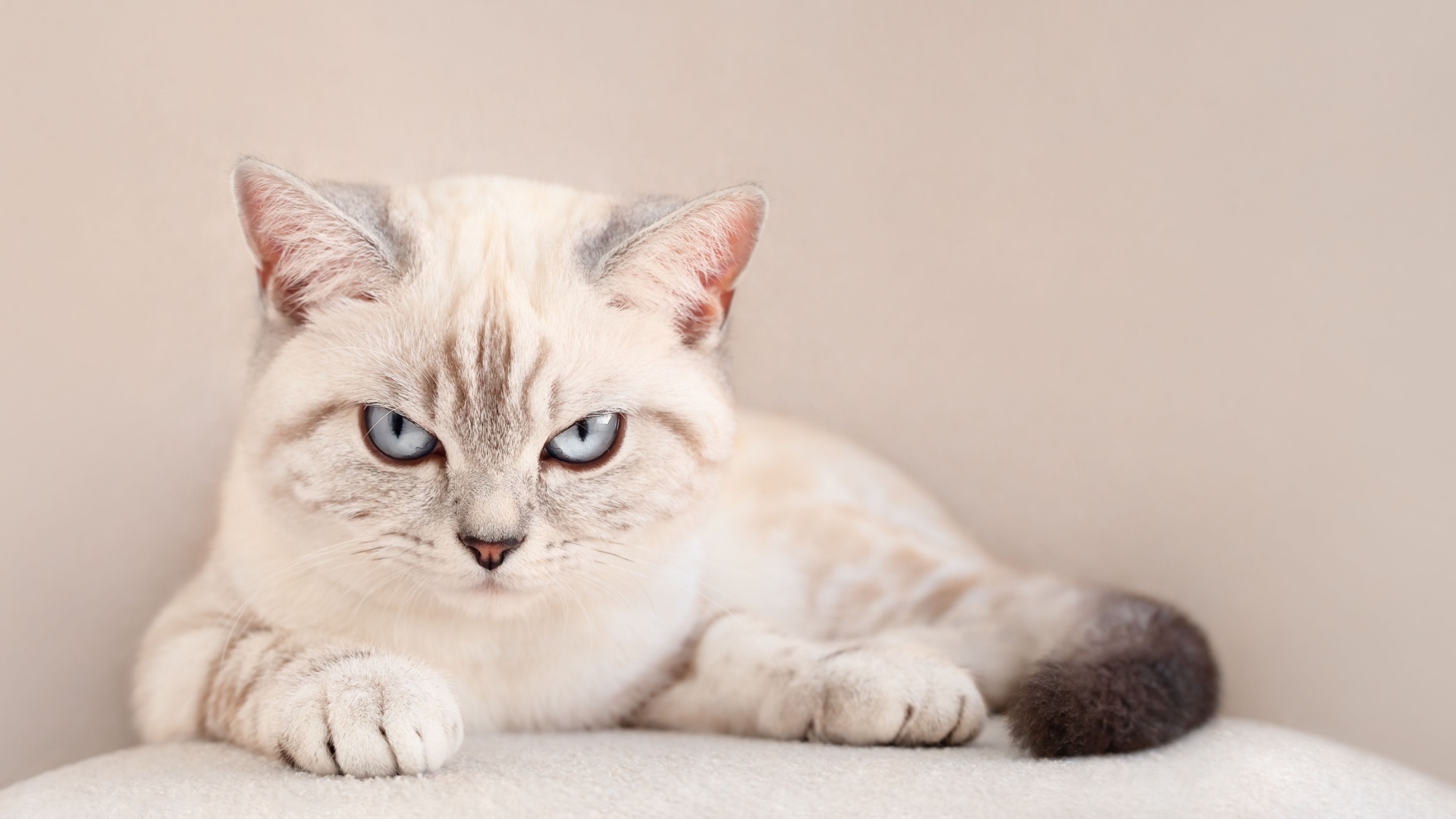Your cat’s dramatic eye rolls and tail flicks aren’t just for show, they’re subtle signs you might be doing something that seriously annoys them.
Behind all that fluff is a sensitive, independent creature with very specific standards, and some of your everyday habits could be testing their patience more than you realize.
From giving too many cuddles to rearranging their favorite nap spots, cats have their own rulebook for comfort and personal space. And when those boundaries get crossed? The tail swishes, the stink-eye glares, and the mysterious furniture scratching make a whole lot more sense.
The good news is, most of these feline frustrations are easy to avoid once you understand their quirks. Knowing what makes your cat tick helps build a stronger bond and keeps everyone happier at home.
Let’s explore some surprisingly common ways you might be annoying your cat – and what you can do to make things right.
1. Too Much Petting
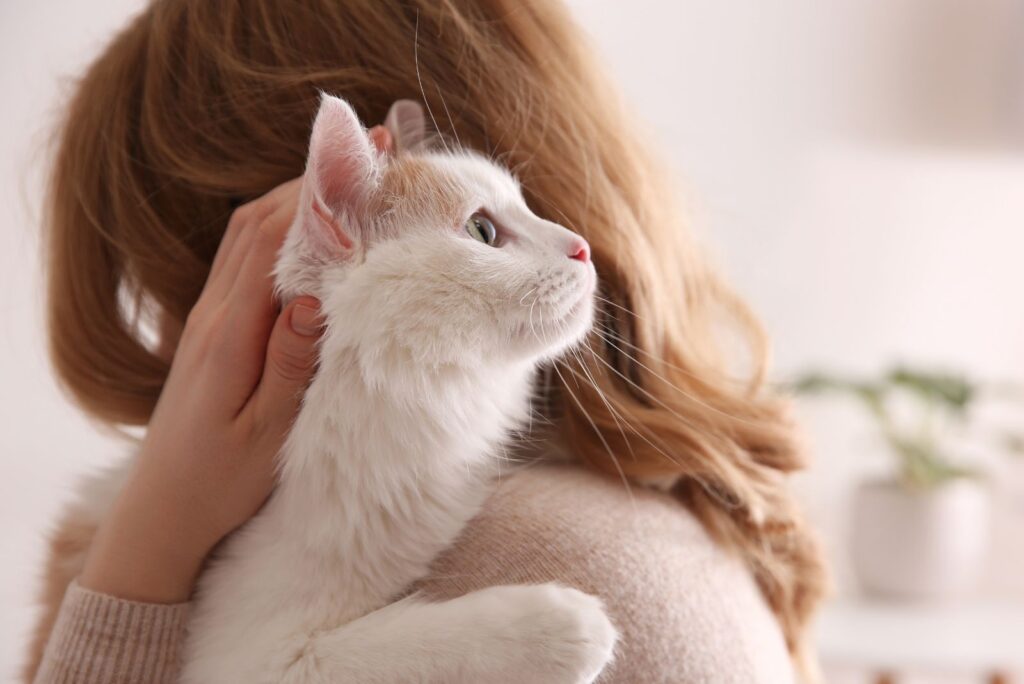
Cats may seem like cuddle magnets, but too much petting, especially in sensitive areas like the belly or paws, can turn affection into annoyance. They have boundaries, and when those limits are crossed, it can lead to tail flicking, ear flattening, or even a swat.
Cats can experience overstimulation where they go from relaxed to irritated quickly. It’s not personal, it’s just how they’re wired.
Respect their cues and let them decide when the cuddles should stop. The key is paying attention to body language and letting your cat control the length and intensity of affection.
When given space, they’re more likely to stay relaxed and trust you during bonding moments.
2. Ignoring Personal Space
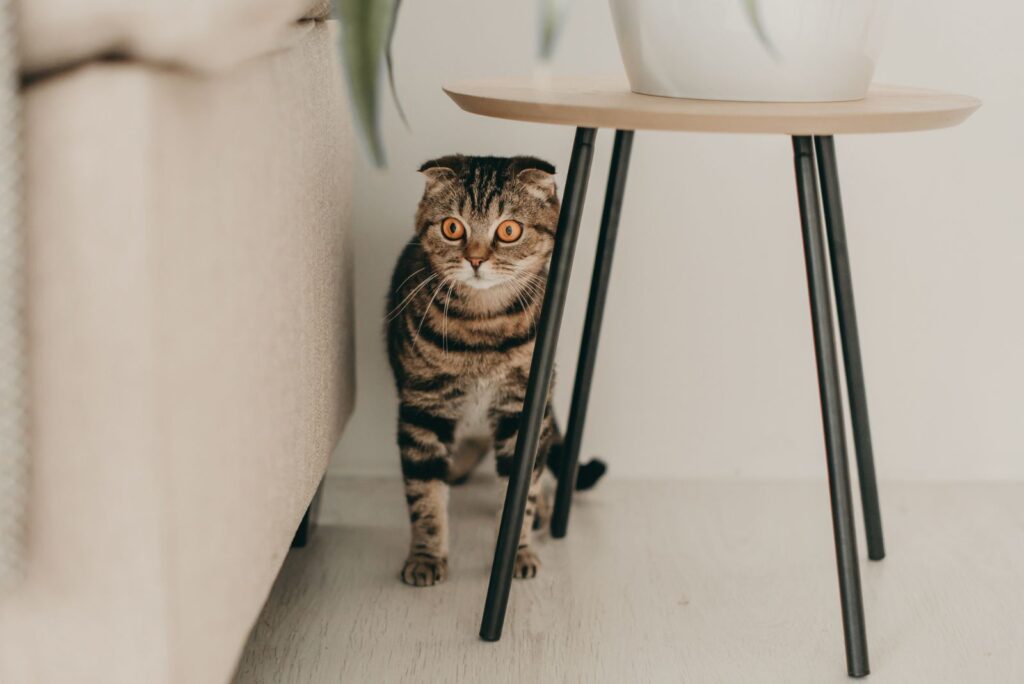
Hovering, following them from room to room, or constantly interrupting their alone time can lead to frustration. Felines value independence and need quiet moments to feel secure.
Cats love attention, but on their own terms. If they retreat to a hiding spot or a perch, it’s their way of recharging, not rejecting you. By respecting their space, they’ll be more likely to approach you when they’re ready for attention.
Giving them control of their interactions builds trust and strengthens your bond, turning those moments of closeness into mutual affection rather than forced companionship.
3. Loud And Sudden Sounds
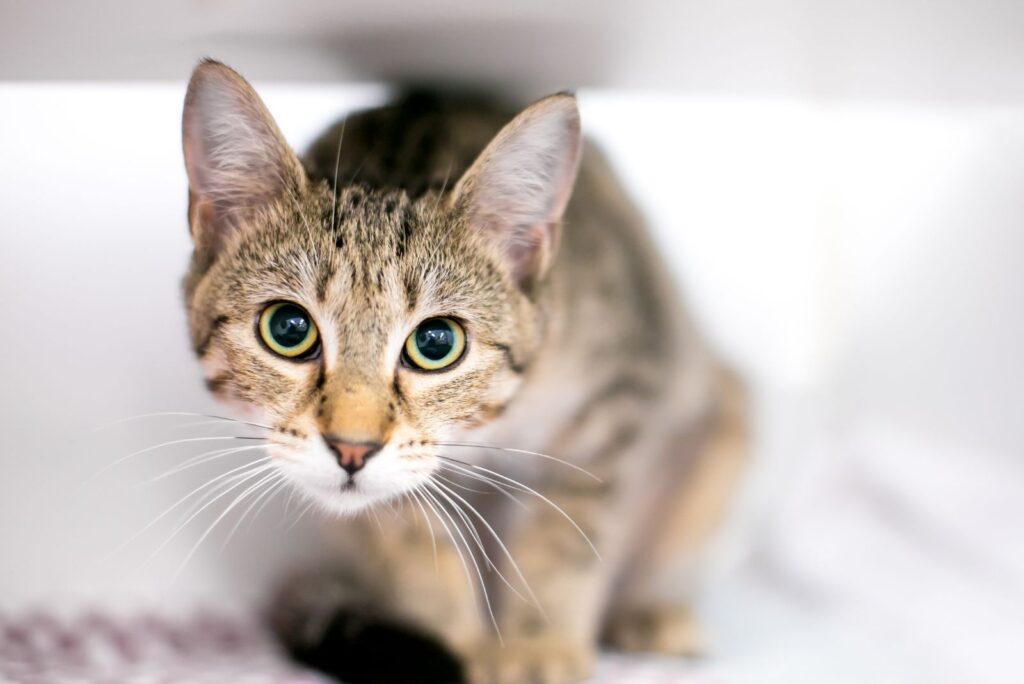
Cats have incredible hearing, and sudden loud noises can feel overwhelming.
Thunderstorms, vacuums, and even loud conversations can trigger stress. Their sensitive ears make them hyper-aware of their environment, which is great for survival but not so great when the house feels chaotic.
Consistent loud noises can create long-term stress or even lead to hiding behaviors. Creating a calm, quiet space for your cat during noisy situations can help them feel safe and reduce tension.
Minimizing sudden sounds when possible ensures they feel more comfortable and less on edge in their environment.
4. Messing With Their Tail Or Paws
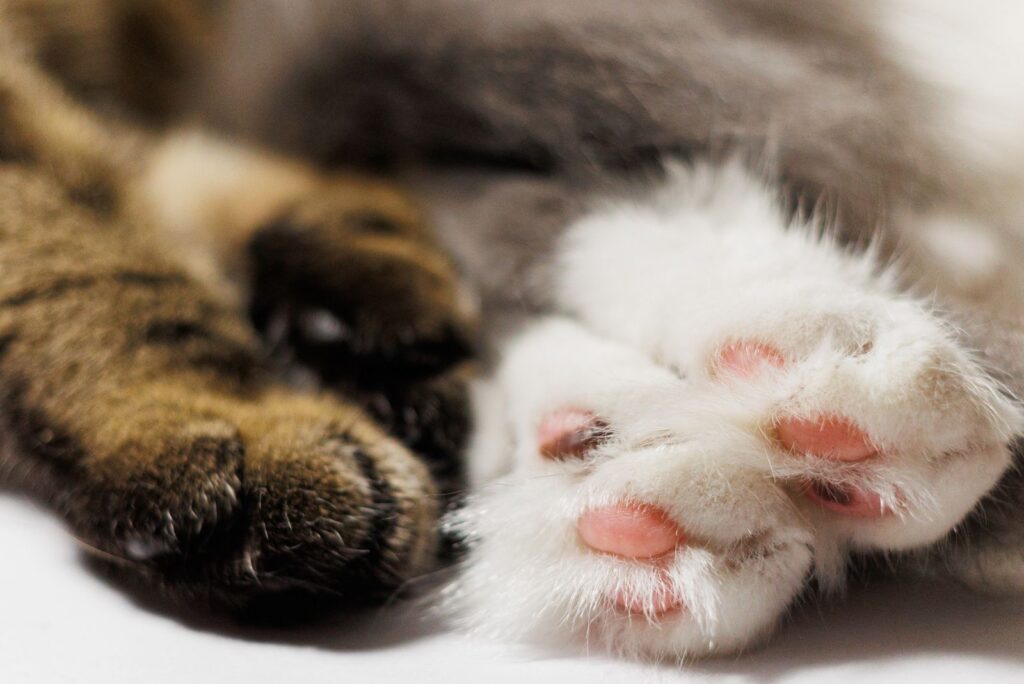
A cat’s tail and paws are extremely sensitive and full of nerves, making them essential tools for balance and survival. Touching, tugging, or playing with these areas can be overstimulating and uncomfortable.
Their tail often acts as a mood indicator, so when it starts flicking rapidly, it’s a sign they’re feeling annoyed. Similarly, their paws are crucial for climbing and hunting, so they guard them closely.
While some cats may tolerate occasional paw handling, it’s best to avoid these sensitive areas unless necessary for care.
Respecting these boundaries helps your cat feel safe and relaxed around you.
5. Skipping The Litter Box Clean-Up
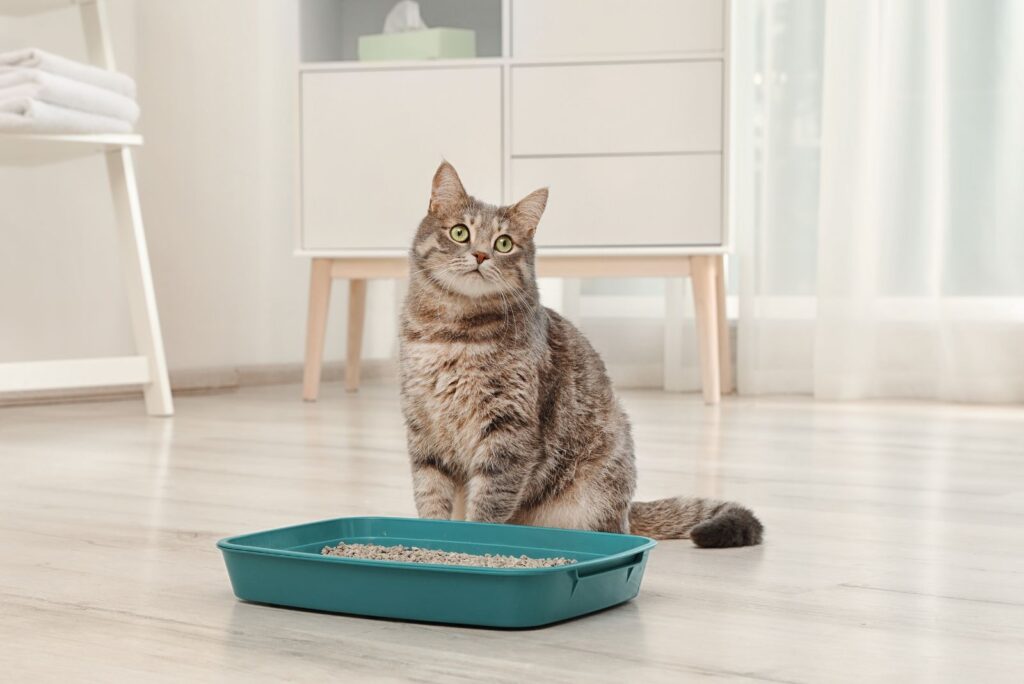
A dirty litter box is one of the fastest ways to annoy your cat. Since cats are naturally clean animals, a soiled or smelly box can feel stressful and even lead to litter box avoidance.
Regular scooping and cleaning are essential, as cats rely heavily on scent and cleanliness to feel secure. Unpleasant conditions can result in accidents around the house, not out of spite but discomfort.
Keeping the box clean and placing it in a quiet, private spot can make a huge difference in their comfort.
Clean habits lead to a happier, healthier, and more relaxed cat.
6. Unwanted Hugs Or Being Picked Up Constantly
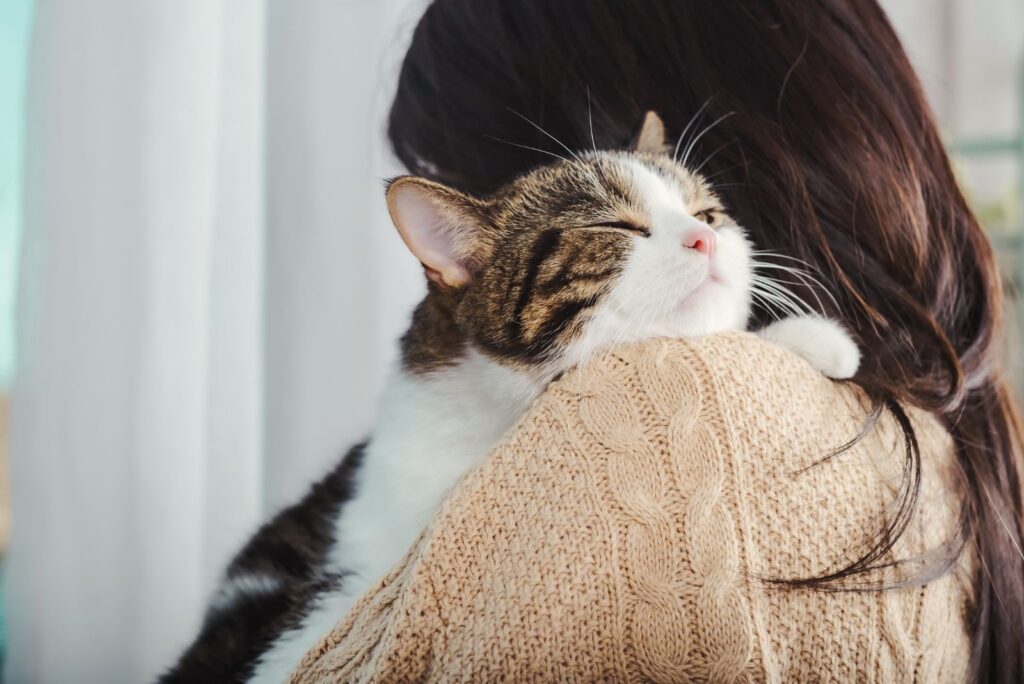
Not all cats enjoy being picked up or hugged frequently. Some feel restrained or vulnerable when lifted, especially if they’re not accustomed to it from a young age.
Cats prefer keeping their paws firmly on the ground where they feel in control of their surroundings. Forcing physical contact can create stress and strain trust.
It’s important to let your cat decide when they want affection and avoid excessive handling.
Gentle interactions where they have the freedom to leave or stay help build a stronger, more positive relationship based on mutual respect.
7. Changes In Routine
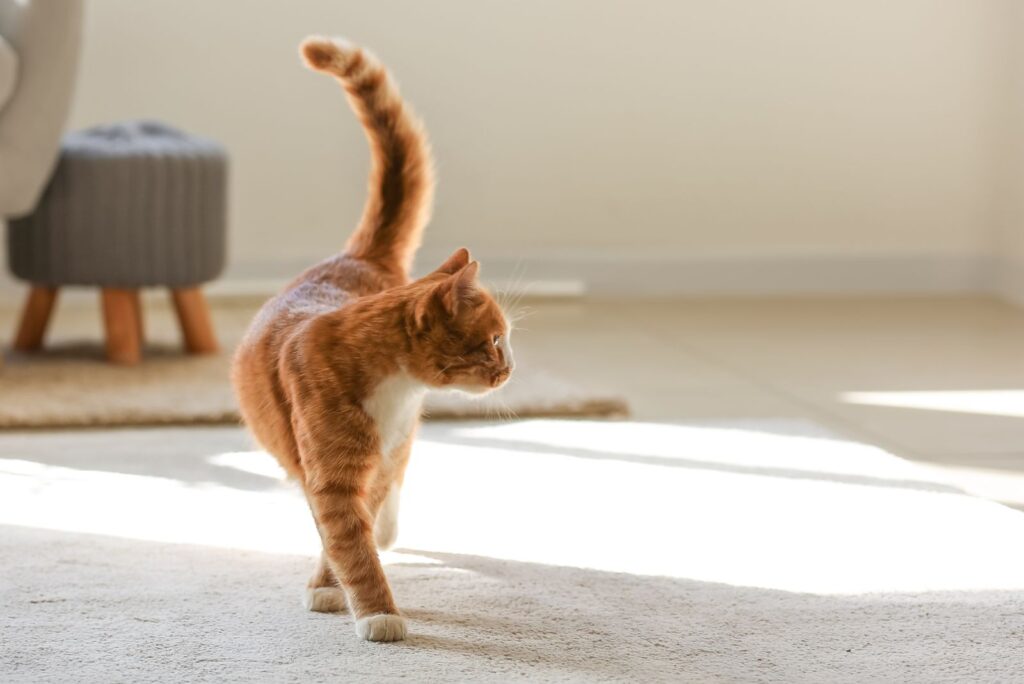
Abrupt changes like shifting meal times, moving furniture, or altering sleeping spaces can leave them feeling unsettled.
They rely on familiar patterns to feel secure, and disruptions can trigger stress behaviors like hiding or vocalizing more than usual.
Gradual adjustments can help your cat adapt better, whether it’s a new litter box location or a change in feeding times.
Consistency in their daily routine offers comfort, reduces anxiety, and makes them feel more at ease in their environment.
8. Introducing New Pets Without Warning

Bringing a new pet into your home can be a major stressor for your cat, especially if introductions are rushed.
Cats are territorial and prefer a gradual adjustment period when sharing their space. Sudden introductions can lead to tension, hissing, and defensive behaviors.
To avoid this, new pets should be introduced slowly, with separate spaces at first, allowing your cat to adjust to new scents before face-to-face meetings.
Providing safe spaces where they can retreat helps reduce anxiety and prevents territorial conflicts, making cohabitation smoother for everyone involved.
9. Overpowering Scents

Cats have an extraordinary sense of smell, far more sensitive than humans. Strong scents like essential oils, air fresheners, and heavily scented cleaning products can feel overwhelming and uncomfortable.
Some fragrances can even be harmful to cats, especially certain essential oils. Their sense of smell plays a huge role in how they navigate their world, so overpowering odors can create stress or cause them to avoid certain areas.
Using unscented or mild-smelling products and avoiding artificial fragrances in your cat’s favorite spaces can keep their environment comfortable and stress-free.
10. Not Respecting Nap Time
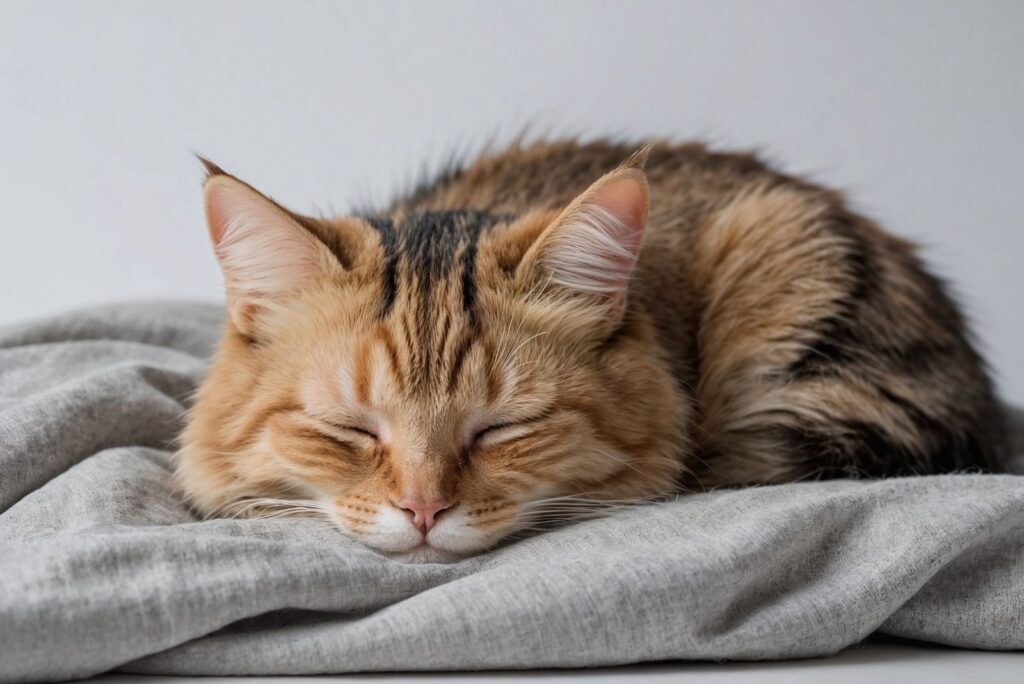
Interrupting your cat’s rest too often can leave them irritable and restless. Cats sleep for around 16 hours a day, and those naps aren’t just for fun – they’re essential for their health and well-being.
Sleep helps them recharge both physically and mentally, so constant disturbances can disrupt their natural rhythms. If your cat has chosen a cozy corner for their nap, it’s best to let them snooze undisturbed.
Creating peaceful sleeping areas where they feel safe will ensure they stay happy, rested, and less grumpy when they’re awake.
11. Teasing Or Playing Too Rough
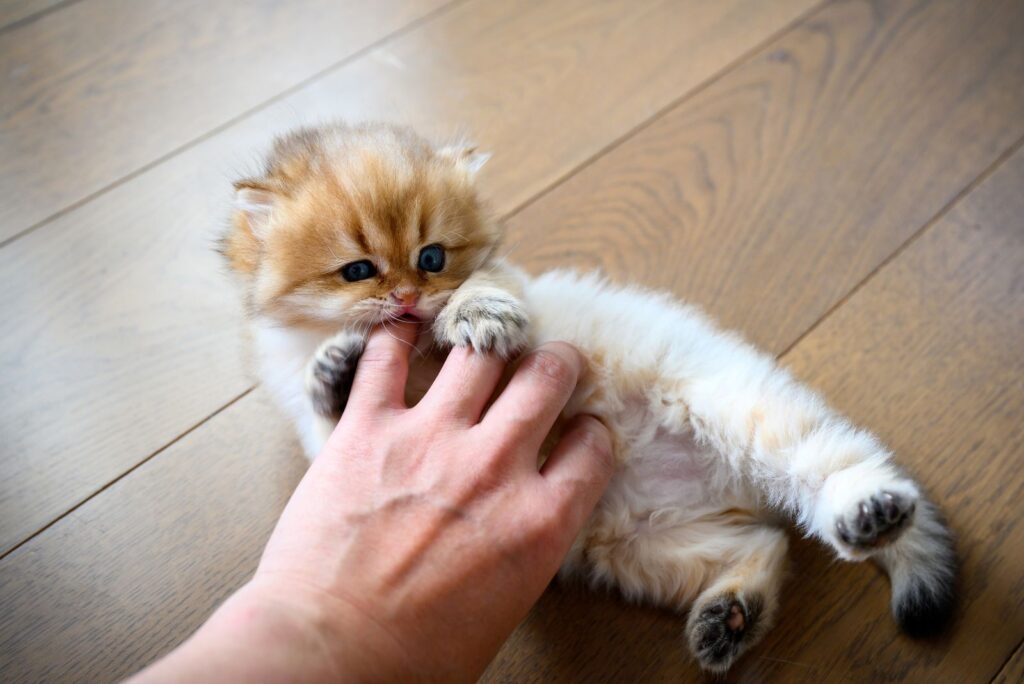
While playtime is important for bonding and exercise, rough play can quickly cross the line into stress for your cat.
Wiggling fingers in their face, tapping their tail, or encouraging overly aggressive games can make your cat feel threatened rather than entertained.
Play should mimic natural behaviors like hunting, focusing on toys they can chase and pounce on instead of using hands directly.
Avoid overstimulating your cat during play sessions and stop if they start showing signs of irritation, like tail flicking or pinned-back ears.
Keeping play fun and respectful helps avoid frustration while still giving your cat the mental and physical activity they need.
12. Ignoring Health Issues

If your cat is acting out of character – becoming more vocal, hiding more often, or avoiding the litter box – it could be a sign of discomfort rather than bad behavior.
Health problems can often present as irritability or stress. Ignoring subtle signs like reduced appetite, sudden aggression, or excessive grooming could mean missing something important.
Cats are experts at hiding pain, so it’s crucial to stay observant and schedule regular vet visits.
Being proactive about their health helps prevent minor issues from becoming major concerns and ensures your cat stays happy and comfortable.
13. Forcing Interaction With Strangers
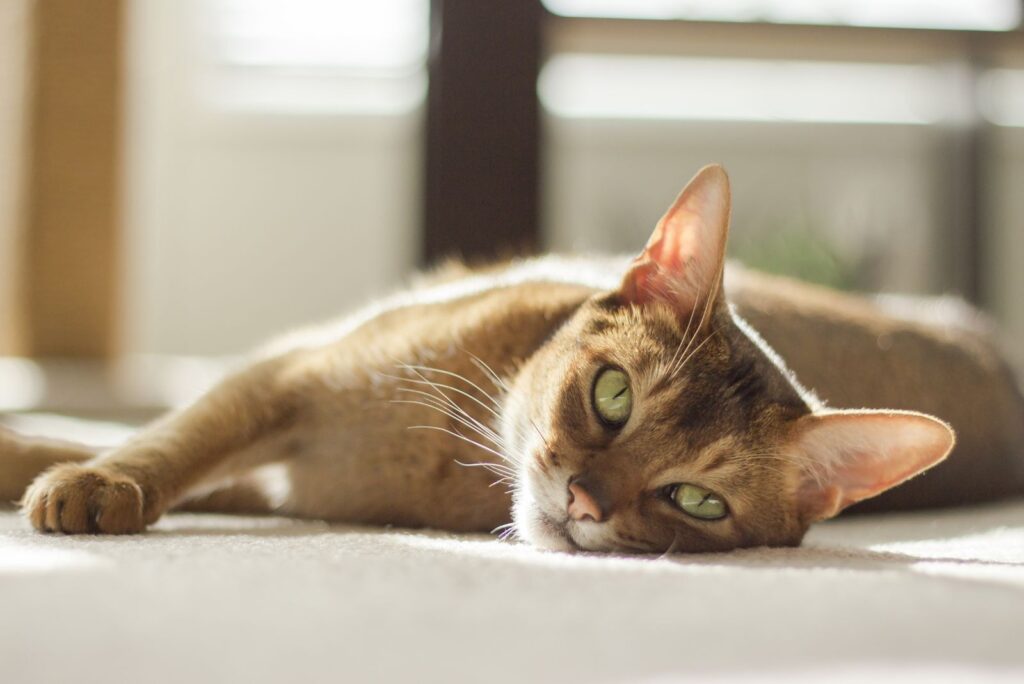
Not all cats are social butterflies. Forcing them to interact with guests when they’re clearly uncomfortable can create unnecessary stress.
Cats often prefer observing new people from a distance before deciding whether they feel safe enough to engage. Giving them the freedom to choose when and if they want to interact with strangers helps them feel secure.
Providing a quiet space during social events allows your cat to retreat if they need to, reducing anxiety and preventing unwanted stress.
14. Changing Their Food Suddenly
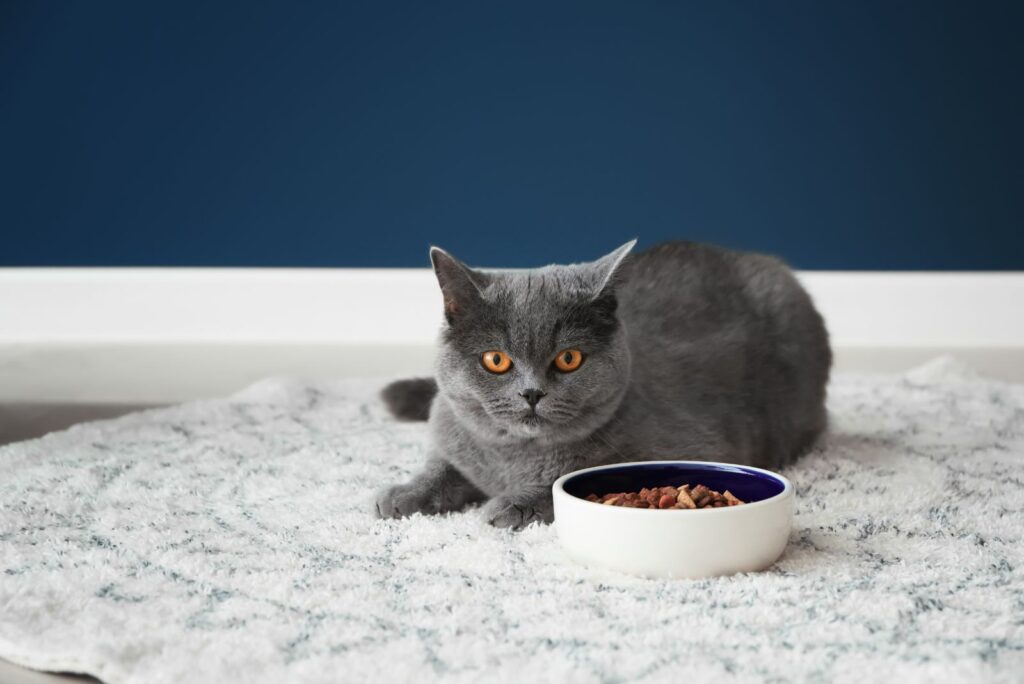
Cats can be fussy eaters, and sudden changes in their diet can lead to stomach issues or even complete food refusal.
If switching foods, it’s best to do so gradually by mixing the new food with the old one over several days. This approach allows their digestive system to adjust while reducing stress around mealtime.
Sudden changes in food can also create confusion or mistrust, especially if they were attached to their previous diet. Slow transitions help keep mealtime positive and prevent unnecessary upset.
15. Lack Of Mental Stimulation
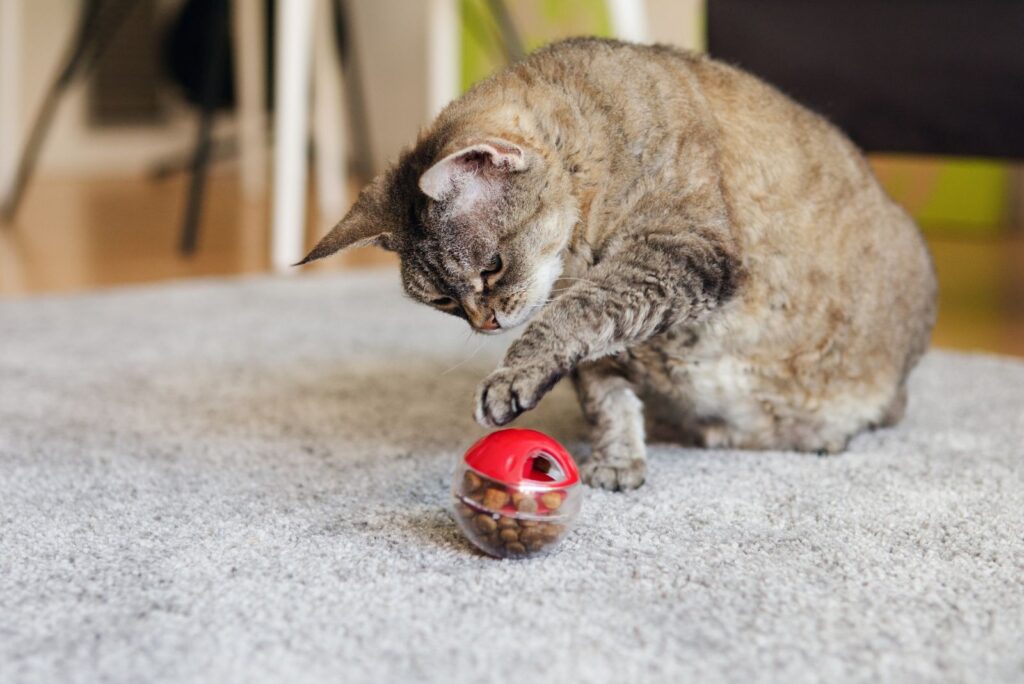
Cats are natural hunters and problem solvers. Without enough mental stimulation, they can become bored, restless, and even destructive.
Lack of playtime, puzzle feeders, or engaging toys can leave them feeling frustrated. Providing scratching posts, interactive toys, and climbing spaces can make a huge difference.
Engaging with your cat through play helps keep them mentally sharp and emotionally satisfied, making them happier and less prone to attention-seeking behaviors.

